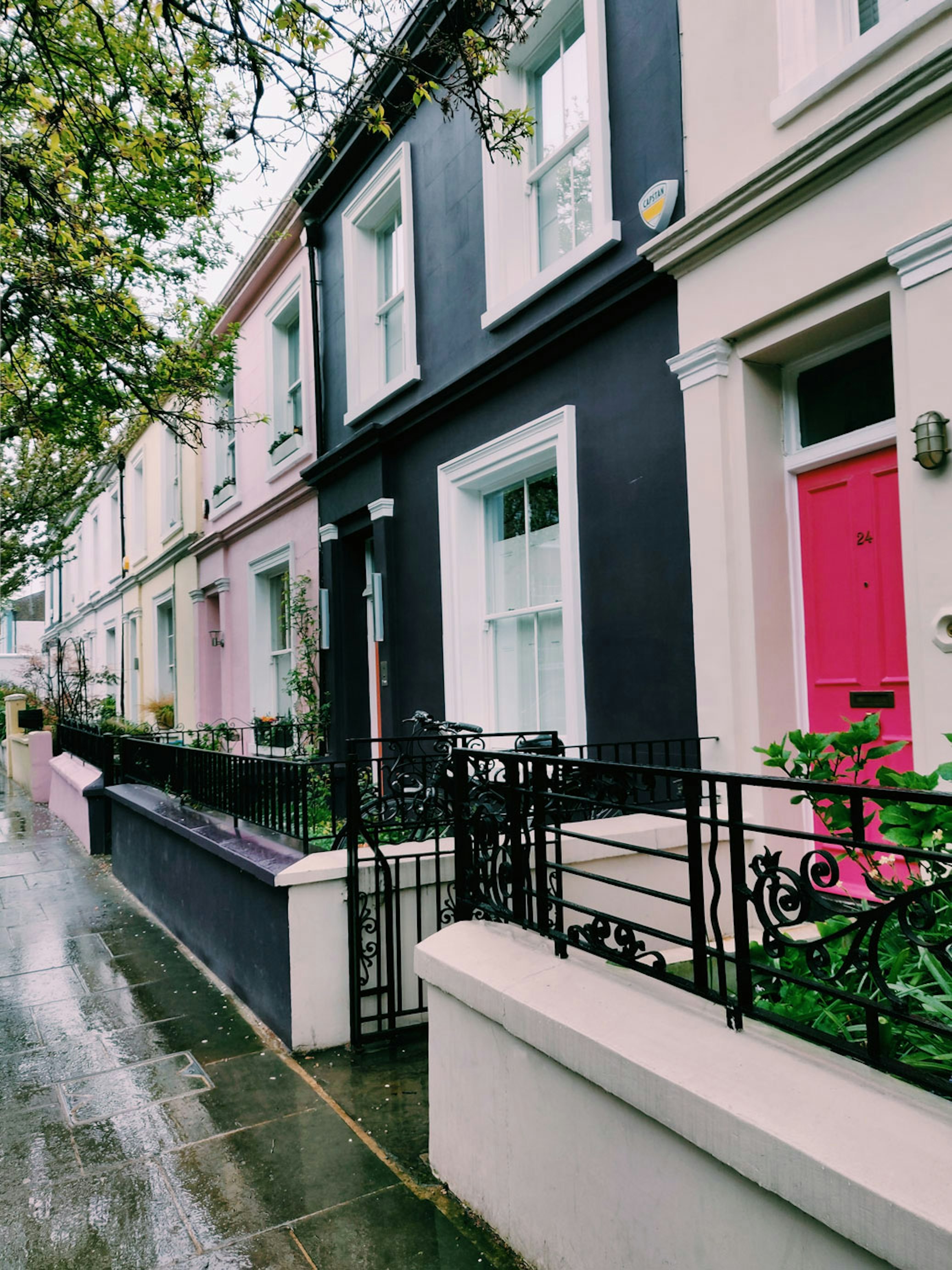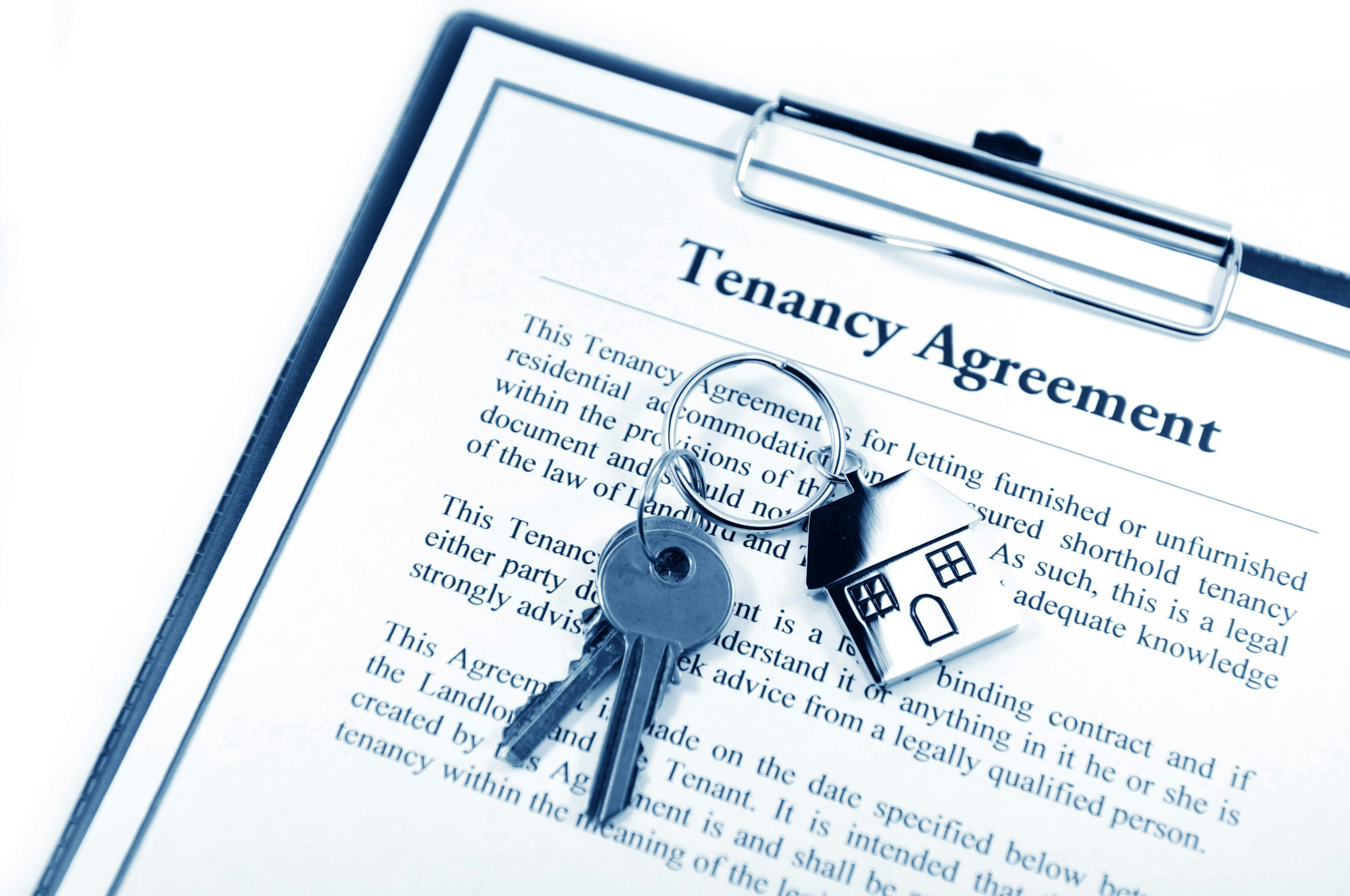Is landlord insurance the same as building insurance?
Landlord insurance isn’t the same as standard home or building insurance. While they might insure similar events, landlord insurance covers the specific risks you face if you rent out property, such as lost rent or damage caused by tenants.
11.03.22
By
![]() Steve Cox
Steve Cox

If you have a buy-to-let mortgage, your lender will typically expect you to have landlord insurance and may even make it a condition of the loan. We look at what landlord policies cover and how much you can expect to pay.
What is landlord insurance?
Landlord insurance protects against the unique risks associated with renting out a property. Policies take into account your property type, the types of tenants you rent to, as well as the increased risk of a claim if there’s a high turnover of tenants.
What does landlord insurance cover?
Basic landlord insurance policies should include:
Building insurance – pays to repair or rebuild the structure of your property after an insured event, such as a fire or flood. This covers external and internal walls, ceilings, and permanent fixtures and fittings, such as kitchen worktops, bathroom suites, the central heating system, and pipes.
Landlord liability – also known as property owners’ liability, this covers you if a third-party is injured or has their property damaged because of your rental. For example, if someone trips on a loose step and breaks their ankle. Third parties can include the tenant, their guests, tradespeople, and members of the public.
On top of these basic components of a policy, you can add extra features that help you protect your asset as well as minimise financial losses. Additional covers that may be included in your policy, or available as optional extras include:
Loss of rent – compensates you if your rental can’t be lived in because of an event you’re insured for (for example, a flood or fire).
Rent guarantee insurance – covers rental payments if a tenant defaults and assists with eviction to regain possession of the property.
Malicious damage – covers costs if a tenant intentionally causes damage.
Alternative accommodation – pays for tenants to stay elsewhere if your rental is uninhabitable after an insured event.
Home emergency cover – helps you manage emergencies like broken down boilers and major leaks.
Landlord contents cover – pays to repair or replace items after an insured event that you’ve provided in the property, for example, washing machine, fridge, cooker, dishwasher. If you rent out your property unfurnished, you won’t need this cover.
Legal expenses – covers legal fees if you need to resolve disputes with tenants or help with the eviction process.
Unoccupied property insurance – typically available as a standalone policy. Provides cover if your rental property will be empty for a specified period, typically 30 consecutive days or more.
What are the main differences between landlord insurance and home insurance?
The main difference is who the policy is designed for. Standard home insurance (buildings and contents cover) is designed for homeowners living in the property.
In contrast, landlord insurance is designed for property owners renting to tenants (often on an Assured Shorthold Tenancy agreement). It is designed to protect both investment assets and rental income.
Here’s a quick summary of the main differences:
Feature |
Standard home insurance |
Landlord insurance |
|---|---|---|
Policy designed for |
Homeowners living in the property |
Property owners renting to tenants |
Main aim |
To protect the building and its contents, which are for personal use |
To protect an investment asset and the associated rental income |
Building cover |
Yes (under building insurance) |
Yes |
Liability cover |
Yes (public and occupiers’ liability) |
Yes (property owners’ liability) |
Contents cover |
Yes (under contents insurance) |
Available as an optional extra |
Loss of rent |
N/A |
Typically included under the building insurance as an optional extra |
Rent guarantee |
N/A |
Available as an optional extra |
Malicious damage |
Typically covered under vandalism clauses |
Typically included, but malicious damage by tenant may be an optional extra |
Alternative accommodation |
Available as an optional extra |
Yes, but this would only be available if the tenancy agreement makes you responsible for providing alternative accommodation |
Unoccupied property |
Available as a separate standalone policy |
Available as a separate standalone policy |
Legal expenses |
Available as an optional extra |
Available as an optional extra |
Home emergency cover |
Available as an optional extra |
Available as an optional extra |
How much does landlord insurance cost?
Landlord insurance typically costs more than most standard home insurance policies. One of the primary reasons for this is that insurers associate higher risks with rental properties – particularly since tenants may not notice issues or be reluctant to report them to landlords (such as a leak).
Insurers will also consider the property you rent, who you rent to, where the property is, and whether or not you’ve made a recent claim. For example, if you rent to students, you can expect to pay more than if you rent to a single professional. Similarly, HMOs (house in multiple occupation) often attract higher-than-average premiums as there’s typically a higher turnover of tenants.
The cost of your landlord insurance policy will also increase if you choose to add one or more optional extras.
With this in mind, landlord insurance premiums can vary considerably, but
remember that while cost is important, so too is making sure you’re adequately protected. Cheaper policies can be tempting, but check if they’ll give you the cover you need (or expect) if you need to make a claim. For example, if your tenancy agreement says that you must provide alternative accommodation, it’s essential that your policy includes this – if not, it’ll be up to you to cover costs.
Finding the right insurance for your rental property
Getting the right insurance on your property can make a huge financial difference if the unexpected happens. As a landlord there are multiple options available to you on top of basic landlord insurance, so it’s important to consider what is best for your situation and property.
Need help with your insurance?
Whether you need a quote, have a general enquiry, or want to talk it through over the phone, we're here to help.
Make an enquiry – general and locations
Related guides and insights

Do I need landlord insurance?
From buy-to-let portfolio owners to people renting out a room in their home, different kinds of landlords need different types of landlord insurance. In this article we look at some of the common questions that arise when considering landlord insurance.

Guide to landlord responsibilities
What are the legal responsibilities and obligations of a private landlord? Read our complete guide.

Landlord questions to ask potential tenants
How can you make sure you get the possible tenant for your property? We take a look at some of the questions landlords can ask prospective tenants.

Rental Market Statistics 2024
With rental prices continuing to rise year-on-year, the industry poses many challenges for both tenants and property owners alike.
